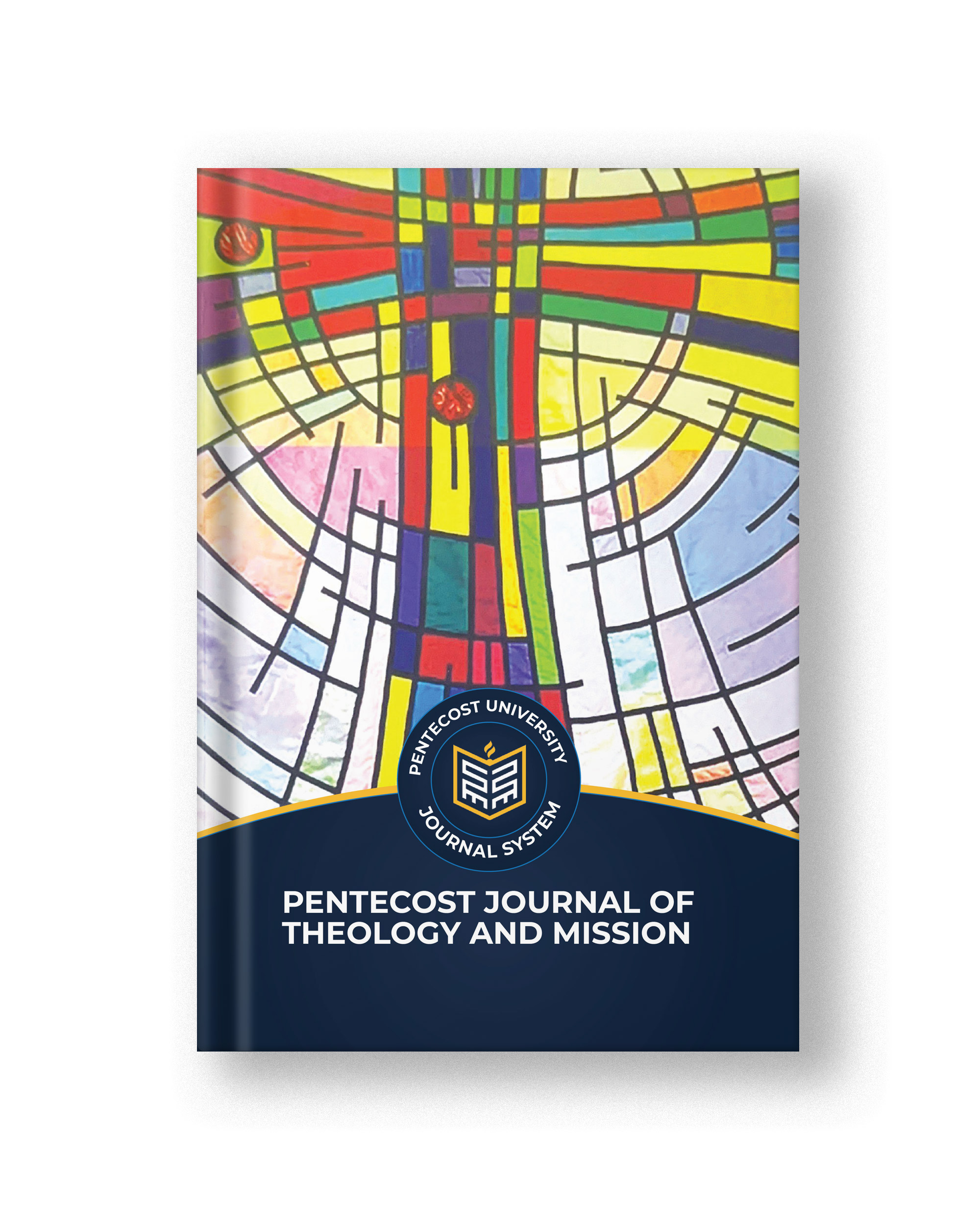Folk Muslims’ Presence in Ghana and its Missiological Implications for Pentecostals
DOI:
https://doi.org/10.62868/pjtm.v5i2.218Keywords:
Folk Islam, Pentecostals, Christian-Muslim , Power encounter, Missiological ImplicationsAbstract
This study examines the presence of folk Muslims in Ghana and explores the missiological implications for Pentecostals. Historically, Ghana was viewed as a stronghold against Islam in Africa; however, this resistance has diminished, as evidenced by the significant presence of Islam in the region. While Christian-Muslim relationships in Ghana are generally amicable, tensions, misunderstandings, and conflicts can arise when Christians share the gospel with Muslims or attempt to proselytise using local mission approaches. This research aims to raise awareness of the Muslim community in Ghana and highlight areas of misunderstanding and ignorance. By doing so, it illustrates how Pentecostals, who represent the fastest-growing segment of Christians in Ghana, can effectively and respectfully engage with Ghanaian Muslims in the context of sharing the gospel. This study integrates findings from intercultural studies, Islamic studies, Pentecostal missiology, church history, cultural anthropology, and biblical theology. A comprehensive descriptive and analytical review of existing literature illustrates that the majority of Ghanaian Muslims identify as folk Muslims—individuals who have retained certain elements of African Traditional Religion (ATR) alongside their Islamic beliefs. As a result, these folk Muslims exhibit a power-oriented disposition akin to that found in Pentecostal communities, as both groups are deeply influenced by a shared spiritual heritage rooted in ATR practices. The paper posits that this common ground presents significant opportunities for Pentecostals to engage with Muslims regarding the gospel. It delineates four distinct types of engagement: (1) theological engagement through truth encounters that emphasise grace, love, and respect, (2) relational engagement through acts of service that meet existential needs, (3) power engagement through experiential encounters that address spiritual and practical needs, and (4) discipleship engagement that highlights the transformative and sustaining power of the Holy Spirit.


